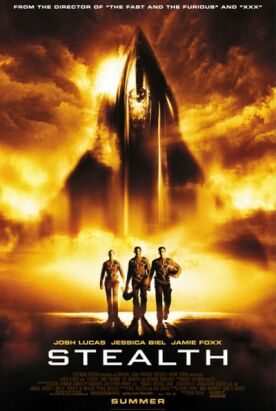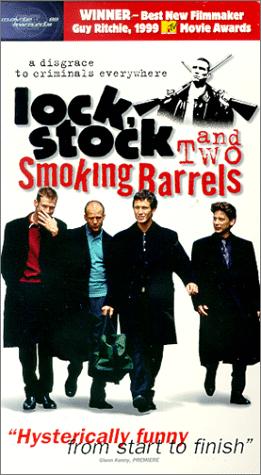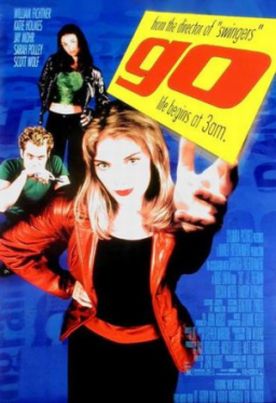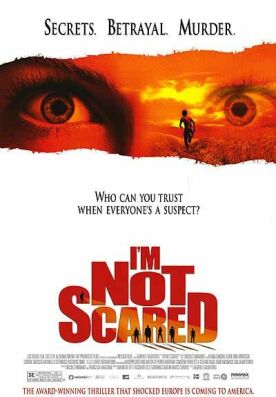Men of Honor
The word
“honor”
turns up conspicuously in only one place, apart from the title, in Men of
Honor, which was directed by George Tillman Jr. from a script by Scott
Marshall Smith based on the true story of the U.S.
Navy’s first black diver, Carl
Brashear (Cuba Gooding Jr.). This comes as Brashear is facing a military hearing
charged with the task of deciding whether or not he is still fit for duty, in
spite of the fact that he has got only one leg. A propos of nothing in
particular, he says to the presiding officer, that he believes in the
Navy’s traditions and, in particular,
“I wouldn’t be here today if it
weren’t for our greatest tradition of
all.”
“Which tradition is
that?” asks the other.
“Honor,
sir,” says Brashear. Obviously, the
word is meant to provide a vaguely inspirational context for the climactic trial
of strength, just like the swelling music, but the audience may be troubled by
this last minute appearance of a fine-sounding word with no obvious connection
to anything that has gone before.
“What is
honor?” asks
Falstaff—and answers his own question.
“A
word.” So it would seem to be here. So
far as we have been able to see, that without which Brashear
wouldn’t be here is dogged
determination, which is (perhaps) not quite the same thing. Having decided early
in life that he means to be a Navy
diver—and having promised his poor
sharecropper father never to give
up—he shows himself again and again
willing to do anything it takes (anything honorable, that is) to achieve his
ambition. His mainspring seems to have been wound up by his memory of his
father’s parting words to him:
“Make me a promise: Don’t end up like
me.”
Or is the honor perhaps to be seen in his struggle against racist superior
officers, especially the egregious
“Mr.
Pappy” (Hal Holbrook), the officer in
charge of the diving school at Bayonne, New Jersey, who is said to have
“more screws loose than a
Studebaker” ? On first joining the Navy
as it was at the time that President Truman desegregated the armed services in
1948, he is told by his fellow black seamen that there are only three options
for him: to be a cook, an officer’s
valet or to get out of the Navy. Of course he
doesn’t accept this, and later, when
asked “Why do you want
this”—that is, to complete diving
school—“so
badly?” he replies:
“Because they said I
couldn’t have
it.” And in the process of getting it
he also wins over and makes a friend of the racist redneck diving instructor,
Billy Sunday (Robert De Niro).
Certainly there is something honorable about overcoming prejudice, though it
would be stretching things too far to call that the greatest tradition of the
Navy. The film seems to try to appeal to our own cultural prejudices by making
the bond between Brashear and Sunday their common contempt for authority,
especially in the form of effete, college-educated officers who want to do
things by the book (the book they themselves have written) and have no
understanding of the warrior mentality. The institutional Navy, at least until
the very end, is depicted as being full of bureaucrats and time-servers,
techno-nerds as well as racists, while Brashear and Billy Sunday go up against
each other man to man—in a breath-holding competition, for
example—and both gain and give the
respect we associate with honor.
Well, it’s something to be praised
about the movie, if not quite enough to justify its title or to break through
clearly from what quickly comes to seem the extraneous and rather soap-operaish
matters that keep coming up mainly to intrude on the main
story—including the marriages of both
men and the effect on them of the alcoholism of one and the injury of the other.
It would be nice to think that honor could be invoked in a Hollywood movie that
did not involve a personal triumph over racism, ignorance, injury and
addiction. After all, the armed services are presumably still around for
something more than just the self-actualization of our soldiers, sailors and
airmen. But we should be grateful for such small favors to the honorable as this
movie amounts to
Discover more from James Bowman
Subscribe to get the latest posts to your email.





